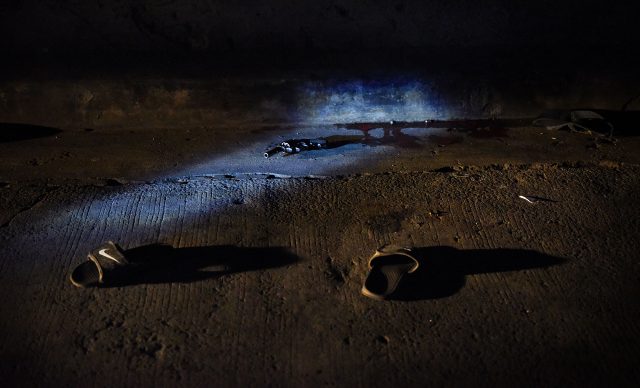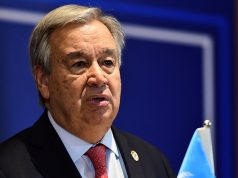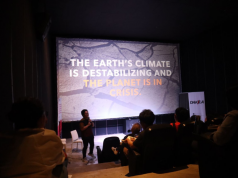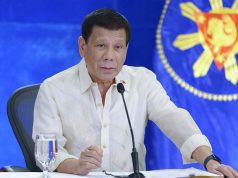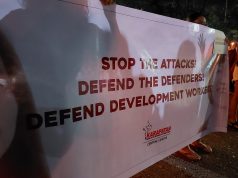MANILA, Philippines — A human rights organization urged an end to international funding for the police and military over the thousands of deaths in the administration’s war on drugs, which it blamed on “state policy” under President Rodrigo Duterte.
While Karapatan issued the statement following the police killing of senior high school student Kian Lloyd delos Santos in Caloocan City last week, it stressed the 17-year old “is just one among the more than 12, 000 killed in Duterte’s drug war.”
Karapatan secretary general Cristina Palabay held Duterte responsible for the killings, saying he “cannot feign ignorance nor concern” over the death of Delos Santos and the other fatalities of his war on drugs.
Duterte, said said, “has the obligation to put these police-murderers behind bars, but he should also account for his own responsibility in the said crime,” referring to his repeated public pronouncements perceived as encouragement to kill drug suspects — both peddlers and users — instead of arresting them and bringing them to trial.
“It is easy to stack up all his pronouncements and orders which emboldened the police,” Palabay said.
She added the backlash of Delos Santos’ killings was what forced Duterte to call a press conference Monday evening here he promised to punish the policemen if they are found guilty of murder.
But Palabay said killings and other human rights violations by state security force are bound to continue “because of existing State policies that enable them to do so” and “renders human rights offices in the military and the police useless,” thus the need to suspend foreign funding to “instruments of fascism who have no respect or any intent to uphold human rights.”
The bloody anti-drug campaign, she stressed, “is a State policy.”
The Karapatan officer batted for “an entire overhaul” of the security apparatus instead of “human rights trainings which goes out the right ear after they hear it in the left,” and “an end to the drug” to give way to a “comprehensive solution to the illicit drug trade that treats the problem in its economic and social roots.”

